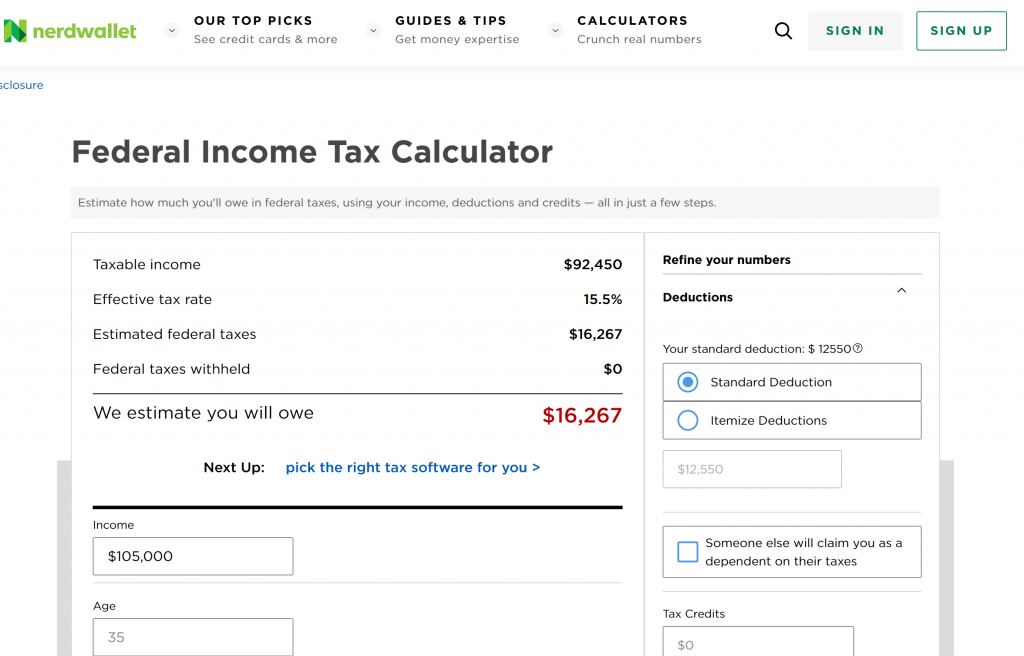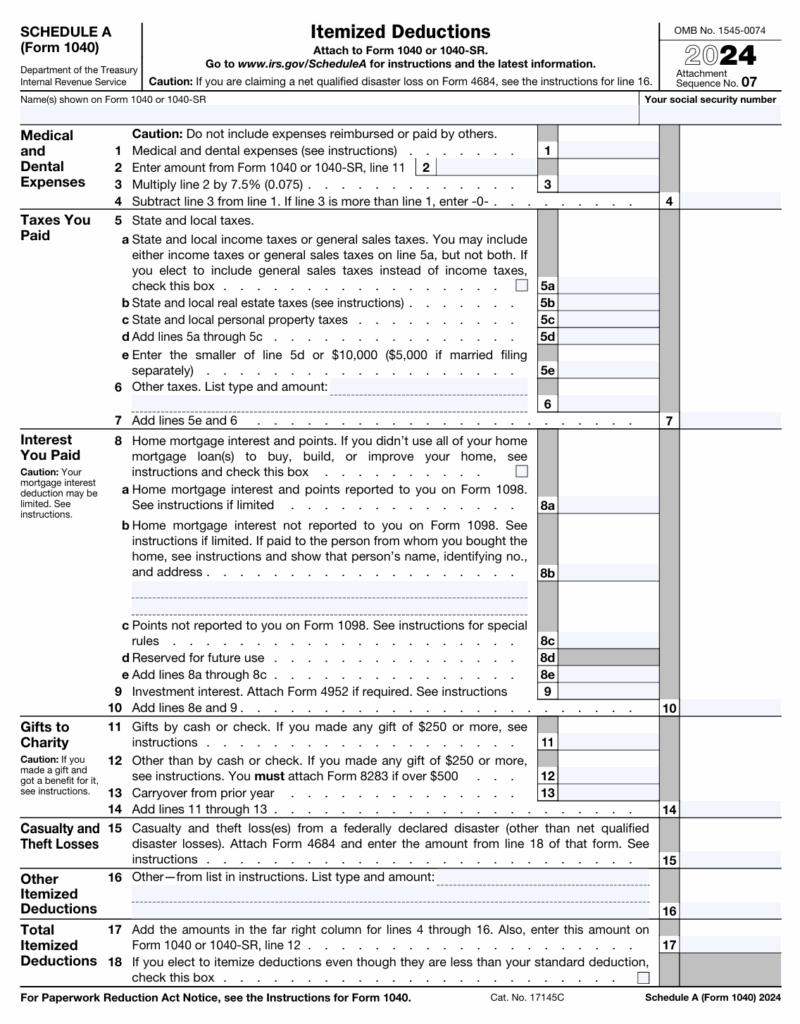When choosing the FEIE Standard Deduction may NOT be your best option
Wiki Article
All About the Foreign Earned Income Exclusion: Maximizing Your Requirement Deduction Perks
The Foreign Earned Income Exclusion (FEIE) presents a valuable chance for united state citizens living abroad to decrease their tax obligation liabilities. Recognizing the eligibility criteria is necessary for those looking for to take advantage of this exemption. Asserting the standard deduction can improve total tax obligation advantages. Nevertheless, handling this process entails cautious attention to detail and an awareness of typical pitfalls. Checking out these elements can provide quality and maximize potential tax obligation benefits.Comprehending the Foreign Earned Revenue Exemption (FEIE)
The Foreign Earned Revenue Exemption (FEIE) enables U.S. people and resident aliens working abroad to leave out a part of their foreign incomes from government earnings tax. This provision works as a financial alleviation device, allowing migrants to preserve a bigger share of their earnings earned in international countries. By minimizing taxable earnings, the FEIE helps ease the problem of dual tax, as people might likewise be subject to tax obligations in their host nations. The exemption uses just to made income, which consists of wages, wages, and professional charges, while easy revenue and financial investment gains do not certify. To profit from the FEIE, individuals have to submit specific types with the internal revenue service, outlining their foreign revenues and residency - FEIE Standard Deduction. Understanding the nuances of the FEIE can significantly affect monetary planning for U.S. residents living overseas, making it essential for expatriates to stay educated regarding this beneficial tax arrangementQualification Requirements for the FEIE
To qualify for the Foreign Earned Income Exclusion (FEIE), individuals have to meet certain eligibility criteria. This consists of rewarding residency needs, passing the physical visibility examination, and establishing a tax home in a foreign country. Each of these elements plays a vital duty in identifying whether one can take advantage of the exclusion.Residency Needs
Fulfilling the residency requirements is vital for people looking for to get approved for the Foreign Earned Earnings Exemption (FEIE) To be qualified, taxpayers have to establish a bona fide home in a foreign nation or nations for an undisturbed period that typically extends a whole tax year. This requirement highlights the necessity of a much deeper link to the foreign place, moving past simple physical visibility. People should show their intent to reside in the foreign country and have actually developed their living scenario there. Factors such as the length of stay, kind of housing, and local neighborhood participation are thought about in figuring out residency. Meeting these requirements is crucial, as failure to do so may disqualify one from taking advantage of the FEIE.Physical Presence Test
Establishing qualification for the Foreign Earned Revenue Exclusion (FEIE) can also be achieved through the Physical Existence Test, which calls for people to be physically present in a foreign nation for a minimum of 330 full days during a consecutive 12-month duration. This examination is advantageous for those who may not meet the residency need yet still live abroad. The 330 days have to be complete days, implying that any day invested in the United States does not count toward this total amount. It is essential for individuals to keep precise documents of their travel days and locations to support their claims. Effectively passing this examination can considerably lower gross income and boost economic results for migrants.Tax Obligation Home Place
Tax obligation home place plays a crucial role in figuring out eligibility for the Foreign Earned Revenue Exclusion (FEIE) To certify, an individual need to establish a tax home in an international nation, which means their key workplace is outside the United States. This is distinctive from a simple residence; the private must perform their operate in the international country while maintaining a substantial connection to it. The IRS needs that the taxpayer can demonstrate the intent to continue to be in the international place for an extended period. Additionally, keeping a home in the united state can make complex qualification, as it may suggest that the person's true tax home is still in the United States. Understanding this criterion is crucial for making best use of FEIE benefits.How to Claim the FEIE on Your Income Tax Return
Declaring the Foreign Earned Revenue Exclusion (FEIE) on a tax obligation return calls for mindful focus to detail and adherence to specific internal revenue service standards. Taxpayers should first validate eligibility by fulfilling either the authentic home test or the physical presence examination. As soon as qualification is validated, they need to finish internal revenue service Type 2555, which information foreign earned income and pertinent info concerning their tax home.It is important to report all international revenue precisely and keep ideal paperwork to sustain claims. Taxpayers ought to likewise recognize the maximum exclusion limitation, which goes through annual changes by the IRS. Filing Type 2555 together with the annual income tax return permits taxpayers to leave out a portion of their international incomes from U.S. taxes. It is a good idea to seek advice from a tax obligation specialist or Internal revenue service sources for updated details and assistance on the FEIE process, ensuring conformity and maximization of prospective advantages.

The Standard Reduction: What You Need to Know
How does the standard reduction effect taxpayers' general economic scenario? The basic deduction serves as a considerable tax advantage, lowering gross income and possibly lowering tax obligation liabilities. For the tax obligation year 2023, the standard reduction is established at $13,850 for solitary filers and $27,700 for couples filing collectively. This deduction streamlines the declaring process, as taxpayers can select it as opposed to making a list of deductions, which needs comprehensive record-keeping.
Taxpayers gaining international earnings may still declare the basic deduction, taking advantage of minimized taxable income even while using the Foreign Earned Revenue Exemption (FEIE) Nonetheless, it is essential to keep in mind that the standard reduction can not be combined with itemized deductions for the same tax year. As a result, comprehending the basic reduction enables taxpayers to make enlightened choices concerning their tax obligation techniques, making best use of available benefits while ensuring compliance with IRS laws
Strategies for Maximizing Your Reductions
Taking full advantage of reductions under the Foreign Earned Earnings Exclusion needs a clear understanding of earned earnings limits and the advantages of declaring real estate exemptions. Furthermore, using Kind 2555 properly can boost the potential for considerable tax obligation financial savings. These techniques can greatly influence the total tax obligation for migrants.Understand Gained Income Restrictions
While numerous migrants seek to decrease their official statement tax burden, comprehending the gained revenue limits is vital for effectively leveraging the Foreign Earned Earnings Exclusion. The Irs (INTERNAL REVENUE SERVICE) establishes particular thresholds that dictate the optimum amount of international gained income eligible for exemption. For the tax year 2023, this limitation is $120,000 per certified person. Surpassing this limit may cause taxation on the earnings above the limitation, decreasing the benefits of the exclusion. To make the most of deductions, migrants need to maintain precise records of their international gained earnings and examine their qualification for the exemption yearly. Strategic intending around these restrictions can greatly boost tax cost savings, allowing migrants to enhance their monetary situation while living abroad.Claiming Real Estate Exemption Benefits
Lots of migrants ignore the potential benefits of declaring the Housing Exemption, which can considerably minimize their gross income. This exclusion enables people living abroad to subtract specific housing expenses from their gross revenue, making it less complicated to satisfy economic responsibilities without sustaining substantial tax responsibilities. To optimize this advantage, expatriates need to verify they certify based upon their home and work situations. In addition, comprehending eligible expenses-- such as rental fee, energies, and maintenance-- can improve the overall deduction. Keeping extensive documents of these costs is important for substantiating insurance claims. By purposefully navigating through the Real estate Exclusion, expatriates can significantly reduce their tax problem and keep even more of their earnings while living overseas, ultimately boosting their monetary health.Use Kind 2555 Properly
Making use of Kind 2555 efficiently can substantially enhance the economic advantages offered to expatriates, particularly after making use of the Housing Exclusion. This type allows individuals to declare the Foreign Earned Revenue Exemption, which can significantly minimize taxed revenue. To make the most of reductions, expatriates need to validate they meet the credentials, consisting of the physical existence examination or the bona fide residence examination. It is important to accurately report all international earned revenue and to keep detailed records of qualification. In addition, making use of the Housing Exemption in tandem with Type 2555 can additionally reduce total tax obligation. By understanding the intricacies of these forms, migrants can optimize their tax situation and retain even more of their hard-earned revenue while living abroad.Common Pitfalls to Stay Clear Of When Filing Your Taxes Abroad

Frequently Asked Questions
Can I Assert Both FEIE and the Foreign Tax Debt?
Yes, a person can assert both the Foreign Earned Revenue Exclusion (FEIE) and the Foreign Tax Obligation Credit (FTC) They need to ensure that the same revenue is not made use of for both benefits to prevent dual advantages.What Occurs if I Go Beyond the FEIE Revenue Limitation?
Surpassing the Foreign Earned Earnings Exemption (FEIE) income limitation results in the ineligibility for the exclusion on the excess quantity. This might result in taxed revenue in the United States, requiring appropriate tax obligation filings.Are There Any State Tax Ramifications for FEIE?
State tax obligation implications for the Foreign Earned Income Exclusion (FEIE) differ by state. Some states might tax foreign income while others follow government exclusions, making it important for individuals to seek advice from state-specific tax obligation regulations for quality.
Just How Does FEIE Impact My Social Safety Conveniences?
The Foreign Earned Income Exemption (FEIE) does not directly influence Social Protection advantages. Nevertheless, revenue left out under FEIE may affect the calculation of average indexed regular monthly incomes, potentially influencing future benefits.Can I Withdraw My FEIE Election After Declaring It?
Yes, a person can withdraw their Foreign Earned Income Exemption (FEIE) election after declaring it. This abrogation read review should be done in composing and sent to the IRS, sticking to particular standards and deadlines.Recognizing the Foreign Earned Income Exemption (FEIE)
The Foreign Earned International Exclusion RevenueFEIE) allows U.S. enables and resident aliens working abroad functioning exclude an omit of part foreign earnings from profits income government. Taxpayers making foreign earnings might still claim the standard deduction, profiting from decreased taxable earnings also while utilizing the Foreign Earned Earnings Exclusion (FEIE) Optimizing reductions under the Foreign Earned Earnings Exemption needs a clear understanding of made earnings limits and the advantages of asserting housing exemptions. While lots of migrants seek to decrease their tax obligation worry, recognizing the earned income limits is crucial for successfully leveraging the Foreign Earned Revenue Exclusion. Going Beyond the Foreign Earned Income Exclusion (FEIE) income restriction results in the ineligibility for the exclusion on the excess quantity.
Report this wiki page